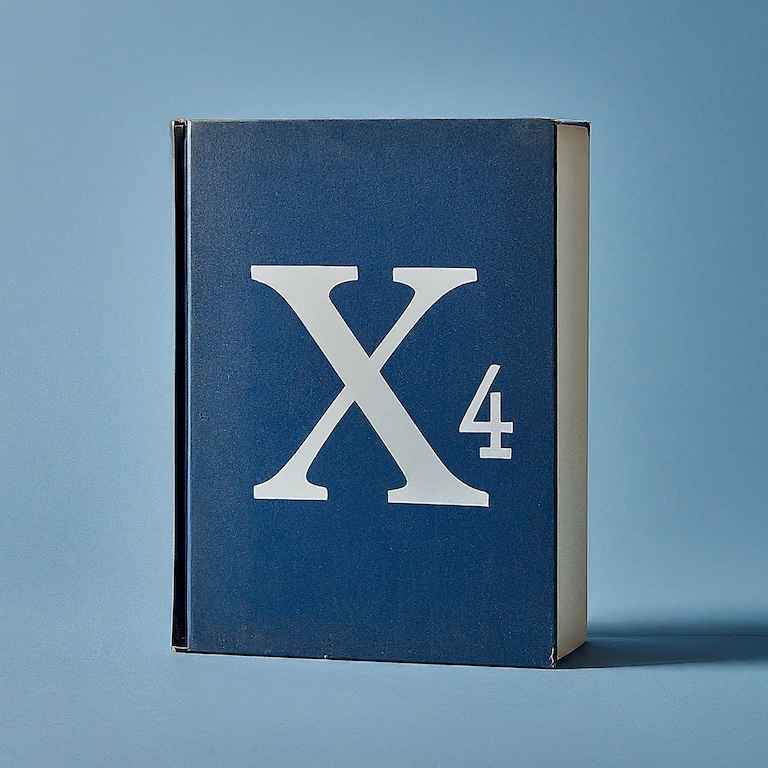Automatic pricing lets the station manager set prices for wares the station buys or sells. Automatic pricing applies to individual wares, as set in the station’s Logical Overview. By default the buy and sell rules created for each ware start set to use Automatic pricing.
Automatic pricing is a good choice for most “factory” stations that buy station factory inputs and sell station factory output.
Automatic pricing is generally a poor choice for Trade Stations.
How automatic pricing works
Automatic pricing is based solely on stock level (how much of the storage allocated to a ware is filled).
When stock is very low, the station manager will offer:
- very high Buy prices (wants more in storage, eager to buy)
- very high Sell prices (stock is low, very reluctant to sell)
The net effect is that the manager buys more at expensive prices.
When stock is very high, the station manager will offer:
- very low Buy prices (too much in storage, reluctant to buy)
- very low Sell prices (stock is full, eager to sell)
The net effect is that the manager sells inventory at cheap prices.
Profit considerations
Automatic pricing has nothing to do with profit calculations in any way, shape or form.
Automatic pricing takes no account of “prevailing” prices at nearby stations. Prices will remain at whatever level is dictated by storage level, regardless of whether or not it could be bought/sold at better prices right now.
Automatic pricing helps “overproducing” stations get rid of excess wares by lowering the price, and helps “desperate buyer” stations get needed wares by paying more.
Whether the station is making any profit by Buy or Sell offers at those prices is not relevant.
Trade stations
Stations that buy and sell the same wares (trade stations) generally fare very poorly with Automatic pricing.
Such stations will pay huge sums to buy wares initially, let them pile up, then start offering fire-sale prices to get rid of them. Automatic pricing at trade stations will almost always run the station at a net loss.
Instead, fixed-pricing set manually by the player is generally a better option (allowing control over the difference between Buy-at and Sell-at prices).
See the Trade Stations section for more details.
Factory stations
For stations that produce wares, automatic pricing is usually fine.
When a station gets low on needed inputs, it will increase the Buy price for those wares. Once inventory increases, the prices will level off.
When a station produces wares, those will accumulate in inventory until the Sell price gets low enough to find buyers. Hard-to-find wares will sell quickly, emptying inventory, and raising the Sell price. Oversupplied wares will accumulate, lowering the Sell price, and letting you see that the factory is making more than the local market can absorb.

